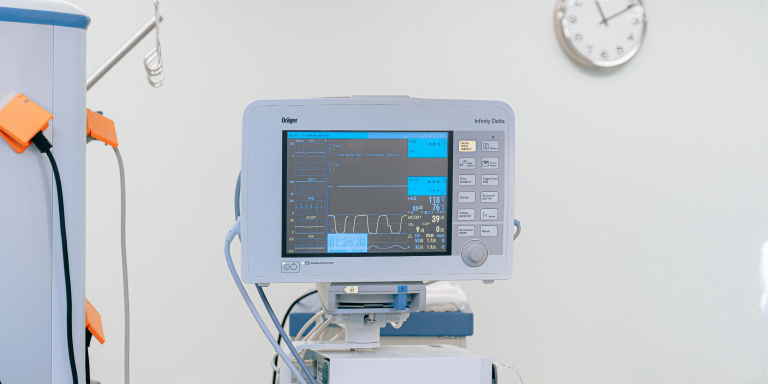
The objective of AIOLOS, a real-time multi-source data collection platform based on AI and predictive modeling, is to detect an epidemic linked to a respiratory pathogen at the very first signs, monitor its progression, take appropriate measures and assess their impact. The project, led by Sanofi in France and Fraunhofer in Germany, in partnership with CompuGroup Medical, Quinten Health, Impact Healthcare and Umlau, a subsidiary of Accenture, received approval from the French and German governments on May 5 and is therefore launched.
The world has been stunned by the magnitude of the Covid-19 pandemic and has found itself powerless to respond. Managing such epidemics requires the use of resilient, multi-stakeholder surveillance systems, such as the AIOLOS platform.
AIOLOS, a response to the Franco-German call for AI projects
On February 3, 2021, the French and German Ministries of Economy launched a JPA to “Boost the supply of artificial intelligence (AI) solutions for risk prevention, crisis management and resilience in three application areas”, one of which concerned health and particularly the detection of epidemics. AIOLOS meets its requirements for consortia: to be bi-national, to associate at least one research organization and one company, and to have a total budget of at least 4 million euros.
A consortium involving at least one company and one research organization
The consortium is led by the company Sanofi in France and the applied research organization Fraunhofer in Germany.
Founded in 1949, the Fraunhofer-Gesellschaft has 76 institutes and research units throughout Germany and more than 30,000 employees, mainly scientists and engineers. The two institutes involved in the AIOLOS project, Fraunhofer Institute for Translational Medicine and Pharmacology (ITMP) and Fraunhofer Institute for Algorithms and Scientific Computing (SCAI), combine expertise in medical data science and computer science and focus, among other things, on algorithm development.
Dr. AimoKannt, from the Fraunhofer Institute for Translational Medicine and Pharmacology ITMP, explains:
“AIOLOS is an excellent opportunity to integrate different types of data from various sources to improve our understanding and response strategy to emerging epidemics. It is important to note that respiratory pathogens do not stop at national borders, which is why the French and German partners are joining forces and combining their skills and capabilities to better prepare for future epidemics.”
Sanofi and the Fraunhofer-Gesellschaft will partner with CompuGroup Medical, a leading German e-health company; Quinten Health, a Paris-based company specializing in real-life data; Impact Healthcare, a Paris-based consulting firm specializing in the strategic and operational management of innovative digital health projects and the use of health data; and Umlaut, a subsidiary of Accenture, a provider of consulting, support and engineering services.
Other public and private players are associated with this project, and will contribute their scientific and technical expertise and make their data available.
The financing
AIOLOS has obtained, on the French side, the support of the France 2030 Investment Plan and on the German side, the support of the Federal Ministry of Economic Affairs and Climate Action in Germany, within the framework of the Franco-German call for projects concerning the use of artificial intelligence technologies for risk prevention, crisis management and resilience.
A prototype of the platform, initially targeting France and Germany, will be proposed within two years. This solution will then be extended to Europe to support the mission of the European Health Emergency Response and Preparedness Authority, HERA.
Furthermore, the consortium will be able to cooperate with the Global Hub for Pandemic and Epidemic Intelligence, launched by the WHO in Berlin, but also with other key players in this field at the global level.
Dr. Cédric Mahé, Associate Vice President and Global Head of Modeling, Epidemiology and Data Science at Sanofi’s Vaccines entity in Lyon, concludes:
“The AIOLOS project will establish a framework for real-life data analysis, based on both artificial intelligence and infectious disease modeling. The ambition is to propose a common analysis grid of plausible epidemic scenarios, an essential prerequisite to build a resilient model. The project will not be conducted in isolation, but will build on the many efforts underway around the world to strengthen preparedness for future pandemics. This platform is expected to have a strong positive impact for public health but also in various
This platform is expected to have a strong positive impact on public health but also in various sectors of the economy.”
Translated from Lancement du projet franco-allemand AIOLOS, plateforme de détection des épidémies dues aux virus respiratoires









